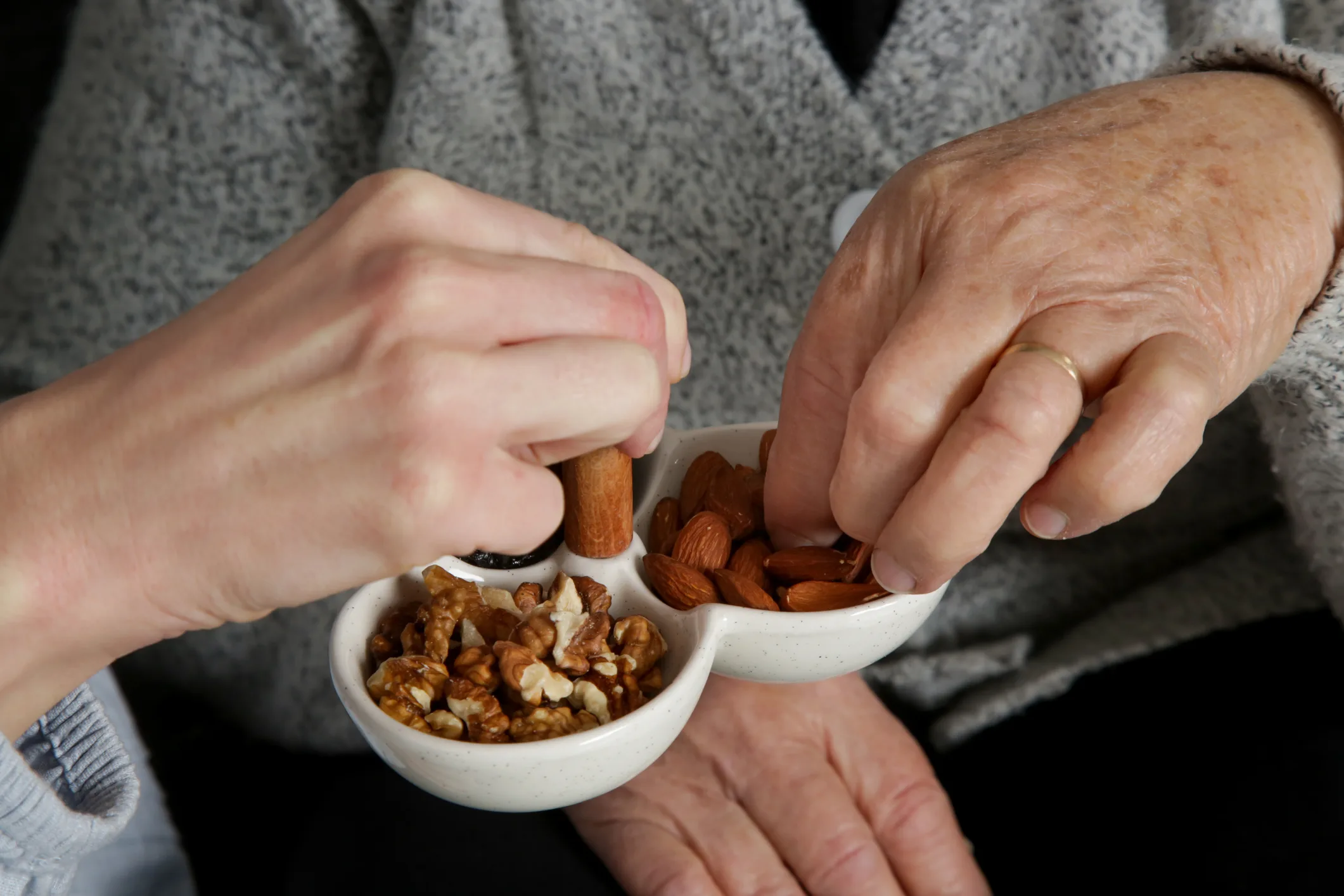We all know too much salt isn’t great for our blood pressure and heart. But new research is shining a spotlight on another vital organ that takes a hit from your salt shaker: your liver. A large study has found a surprising link between how often you add salt to your food and a significantly higher risk of serious liver diseases, including a common condition called Metabolic Dysfunction-Associated Steatotic Liver Disease (MASLD), cirrhosis, and even liver cancer.
This is especially important for adults aged 50 and older, as liver health can become more of a concern with age. While some liver conditions are linked to alcohol, this study points to an often-overlooked culprit in our kitchens.
The Hidden Danger in Your Salt Shaker
For years, we’ve heard warnings about salt’s impact on our cardiovascular system. But its role in liver health has been less understood. Researchers from the UK Biobank looked at data from nearly half a million participants, all free of liver disease at the start. They simply asked people how often they added salt to their meals once the food was on their plate: never/rarely, sometimes, usually, or always.
Over time, they tracked who developed MASLD (a condition where too much fat builds up in the liver, formerly known as non-alcoholic fatty liver disease), cirrhosis (severe scarring of the liver), and hepatocellular carcinoma (the most common type of liver cancer). The results were stark: the more frequently someone added salt, the higher their risk for all these serious liver issues.
Understanding the Risks: What the Study Found
The numbers tell a compelling story. Compared to those who rarely or never added extra salt, people who “sometimes” added salt saw an 8% increased risk of MASLD. For those who “usually” added salt, the risk jumped by 22%, and for the “always” salt-adders, the risk skyrocketed by a staggering 40%!
The findings were even more dramatic for cirrhosis and liver cancer. Those who “always” added salt had a 32% higher risk of cirrhosis and a massive 125% higher risk of liver cancer compared to those who rarely added salt. These are significant increases that highlight the potential hidden dangers of a seemingly small habit.
Who Is Most Affected?
Interestingly, the study also found that the link between added salt and MASLD was even stronger in certain groups:
- Nonsmokers: If you don’t smoke, cutting back on added salt might have an even greater protective effect on your liver.
- Current alcohol drinkers: This is crucial. If you enjoy an alcoholic beverage, minimizing extra salt becomes even more important for your liver health, potentially reducing a double hit to the organ.
- Individuals without diabetes or with a lower BMI (Body Mass Index): This suggests that even if you don’t have these common risk factors for liver disease, adding salt can still be a significant contributor to liver problems. It means liver issues from salt aren’t just a concern for those already facing other health challenges; it’s a broad risk.
The researchers also noted that part of this connection seems to be linked to adiposity, or body fat. While more research is needed to fully understand this link, it suggests that salt might influence fat accumulation in the body, which then impacts liver health.
Take Control: A Simple Step for Better Liver Health
The message from this study is clear and powerful: reducing how much salt you add to your food could be a simple, yet highly effective, strategy for preventing serious liver diseases. This is especially good news for adults 50 and older, who are looking for practical ways to maintain their health as they age.
Think about it: this isn’t about cutting out salt entirely, which is difficult, but about changing a habit that’s within your control – reaching for the salt shaker at the table. Many processed foods already contain high amounts of sodium, so reducing what you add personally is a direct way to lower your overall intake.
While this study relies on self-reported data and can’t definitively prove that salt causes these conditions, the evidence is compelling. Making a conscious effort to “shake off” the habit of adding extra salt could be a crucial step in safeguarding your liver health for years to come.
Source:











